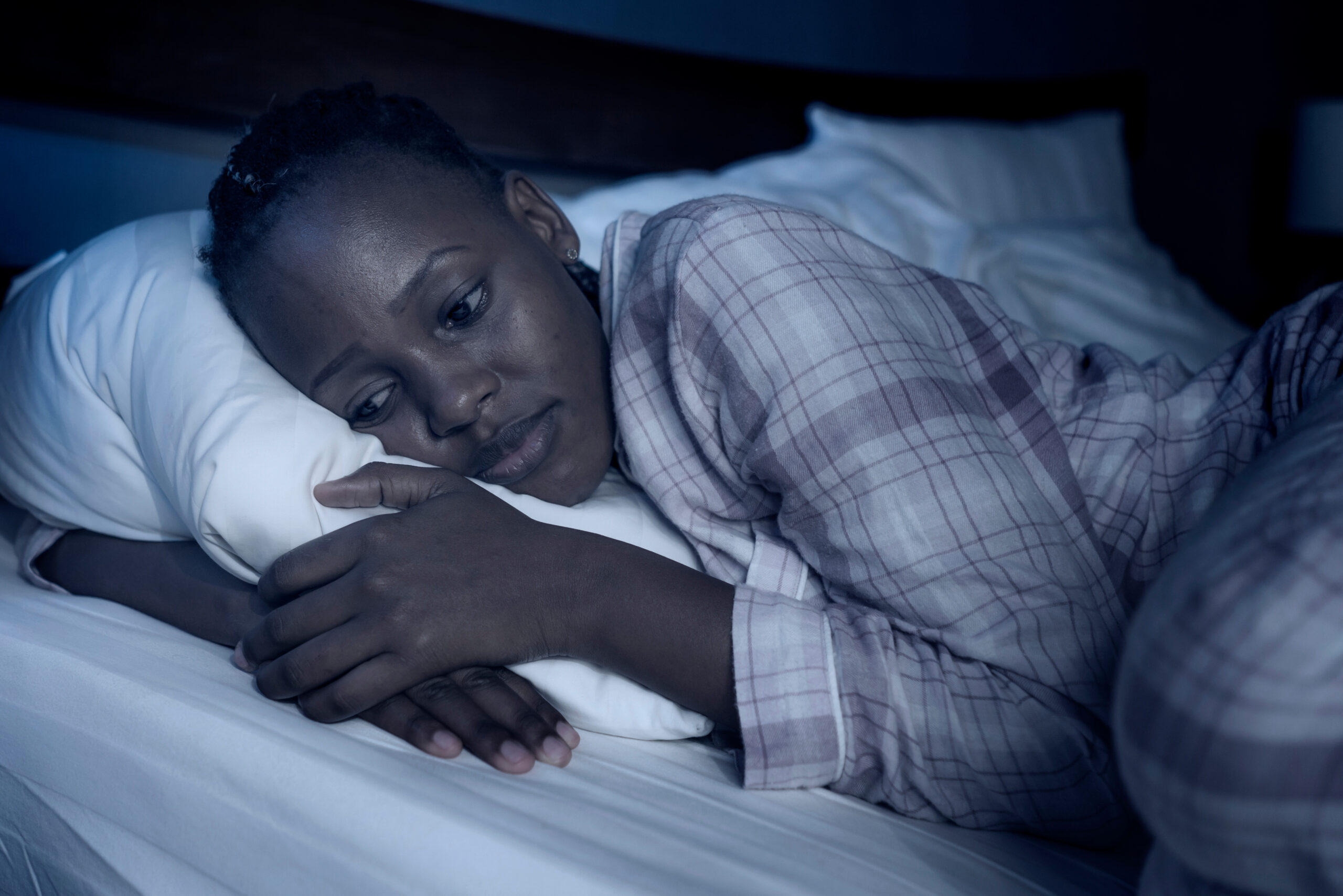Finding Reputable Sleep Disorder Specialists Near Me
Where are reputable sleep disorder specialists near me? When asking this question, just know that doctors have mapped more than 90 sleep disorders globally.
It’s a stark fact you should ponder if you feel you’re suffering from one. Some disorders are more common than others. This world of sleeplessness captures a complex interplay of medical, lifestyle, and societal factors.
Medical conditions can disrupt sleep, such as chronic pain, neurological disorders, and Parkinson’s Disease. Anxiety, depression, and post-traumatic stress disorder can impact your quality of rest, making it difficult to fall or stay asleep. Some sleep disorders, like narcolepsy, have a genetic component. You’re more likely to develop them if a close relative also has it.
Your lifestyle choices can affect your situation as well. Our society disrupts the natural sleep-wake cycles with artificial light exposure from smartphones and instant communication. Inconsistent sleep schedules, napping too much during the day, and using electronic devices in bed can all contribute to disruptions. More importantly, an unhealthy diet high in caffeine and sugar, or a lack of exercise, can also disrupt sleep patterns.
Given these facts, what are the most common sleep disorders? What studies can help us when it comes to lifestyle and dietary improvements? We’re glad you asked.
Sleep Disorder Specialists Near Me are Experts in Restlessness
What do sleep disorder specialists near me know about restlessness? For starters, they are bound to tell you that insomnia is the most common problem in patients. This disorder affects roughly one in three U.S. adults at some point in their lives.
Individuals with insomnia have difficulty falling asleep, staying asleep, or both. This can lead to daytime fatigue, irritability, and difficulty concentrating.
Sleep apnea is another harmful condition. Your breathing will repeatedly stop and start during sleep, which is concerning. This can happen hundreds of times each night. Every time it happens, your oxygen levels drop.
Sleep apnea can lead to a number of health problems, including heart disease, stroke, and high blood pressure. There are three types of sleep apnea: obstructive, central, and mixed, with obstructive sleep apnea being the most common. It occurs when your airway becomes blocked, usually by your tongue or soft tissues in the throat.
Other relatively common sleep disorders include Restless Legs Syndrome, Narcolepsy, and Circadian Rhythm Sleep Disorders. Restless Legs Syndrome is a neurological issue that causes an irresistible urge to move your legs, especially at night. You can relieve the urge to move by moving, but oftentimes the restless legs will come back soon after.
Narcolepsy is a chronic neurological disorder affecting control of your sleep-wake cycles. Patients with narcolepsy experience excessive daytime sleepiness, sudden attacks of sleep, and cataplexy. Cataplexy is a sudden loss of muscle control, triggered by strong emotions.
Of course, our list wouldn’t be complete without mentioning Circadian Rhythm Sleep Disorders. These happen when there’s a mismatch between your internal sleep-wake cycle, circadian rhythm, and the environment around you. The most common is Delayed Sleep Phase Syndrome, which makes it difficult to fall asleep at night. Unfortunately, it’s also hard waking up in the morning.
Society, Hygiene, Health, Cycles, and Deep Sleep
What do sleep disorder specialists near me say about their patients’ health and lifestyles? The high number of people suffering from sleep disorders stems from a confluence of factors, both modern and historical.
Our way of living disrupts natural sleep-wake cycles. So-called blue light from TV, computer, and phone screens and bright environments suppresses melatonin production, a hormone that produces sleepiness. This constant liveliness and activity adds stress, disrupting sleep patterns.
Don’t rule out poor sleep hygiene. Inconsistent sleep schedules, napping during the day, and using electronic devices in bed all contribute to difficulty in falling asleep.
Chronic health issues, pain, heart disease, and neurological disorders can also disrupt your sleep. Mental health concerns, anxiety, depression, and post-traumatic stress disorder can impact your quality of sleep.
Overall, the number of diagnosed sleep disorders might be rising, likely due in part to better identification. Certain workers and age populations are particularly vulnerable to sleep disorders due to disrupted schedules. Genetics can also play a role in some sleep disorders.
“While cycles vary in length, each sleep cycle can last about 90 minutes,” according to Sleep Foundation. “Rapid eye movement sleep makes up 20 to 25 percent of total sleep in healthy adults. As you cycle through non-rapid eye movement sleep, various bodily functions slow down or stop altogether.”
In fact, your metabolism drops by around 15 percent, and both heart rate and blood pressure go down. Going deeper, stage three non-rapid eye movement sleep is believed to be the most critical stage of sleep. This stage regenerates your body and brain. Deep sleep decreases across your lifespan, with adults getting less of it as they age.
“On average, we spend about two hours per night dreaming, mostly during REM sleep,” the foundation adds.
Sleep Disorder Specialists Near Me Know My Body’s Rhythms
What types of research do sleep disorder specialists near me take note of?
According to a study of 22,330 adults from 13 countries in Sleep Medicine, one in three participants suffered from insomnia. Nearly 20 percent met the criteria for insomnia disorder, which is more than double from before the COVID-19 pandemic.
This is according to Columbia University’s Department of Psychiatry, one of the top worldwide research centers for sleep. Furthermore, sleep disturbances were linked to higher levels of psychological distress. Anxiety and depression rates were also considerably higher than pre-pandemic levels.
“The amount of sleep individuals need in part depends on their age. In general, children and teens need more sleep than adults,” the center says. “There are certainly individual differences in the amount of sleep each adult needs. The American Academy of Sleep Medicine recommends adults sleep at least seven hours regularly to promote optimal health and functioning.”
These researchers say most adults need between 7 – 9 hours. Teenagers typically need 8 – 10 hours, and older adults 65 years and up need 7 – 8 hours or less. Although the amount of sleep we get is important, quality sleep is also essential.
What’s interesting is, your body naturally feels alert at certain times of the day and tired during other periods. It really depends on your chronotype. Most people fall somewhere between the late-night owl and the early riser.
“Reduced sleep has been linked with increased eating and higher risk for weight gain and obesity,” Columbia University researchers say. “Conversely, studies show that getting more sleep can lead to consuming fewer calories and improving weight loss.”
Food, Diet, Vitamins, Nutrients, and Lifestyle Changes
What else will sleep disorder specialists near me discuss during a visit?
Analyses show that foods such as milk products and fish, and certain fruits like kiwis and cherries, may promote sleep. However, definitive conclusions cannot be drawn when it comes to specific foods and better sleep cycles.
There’s evidence that the quality of diet and consuming adequate nutrients can affect the quality and quantity of your sleep. Diets low in fiber, high in saturated fat, and high in sugar have been linked to poor sleeping health. Many problems are associated with deficiencies in calcium, magnesium, and vitamins A, C, D, E, and K.
It’s important to eat a balanced diet and develop healthy sleep habits. Limit your caffeine intake in the afternoon and evening, and avoid large meals late at night. Instead, focus on a balanced diet. Eating healthy nutrient-rich fruits, vegetables, and whole grains provides you with the vitamins needed for regulated rest and overall health.
Maintaining a consistent meal schedule throughout the day and avoiding skipped meals, especially breakfast, maintains consistency. This aids in regulating your body’s natural sleep-wake cycle.
These are general recommendations. It’s best to consult with a pain management specialist for personalized advice that’s tailored to your specific sleep disorder.
Wellness and Pain
We know you’re thinking: Where are sleep disorder specialists near me? Look no further than Wellness and Pain. We offer conservative treatments, routine visits, and minimally invasive quick-recovery procedures. We help keep you free of problems by providing lifestyle education and home care advice. We help you to avoid and manage issues, quickly relieving your inhibiting lifestyle conditions when complications arise.
At Wellness and Pain, we personalize patient care plans based on each patient’s condition and unique circumstances. We help you improve your wellness, increase mobility, relieve pain, and enhance your mental space and overall health.











